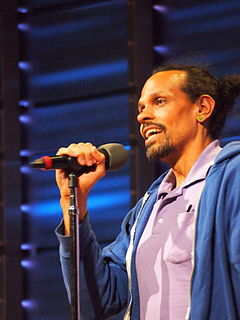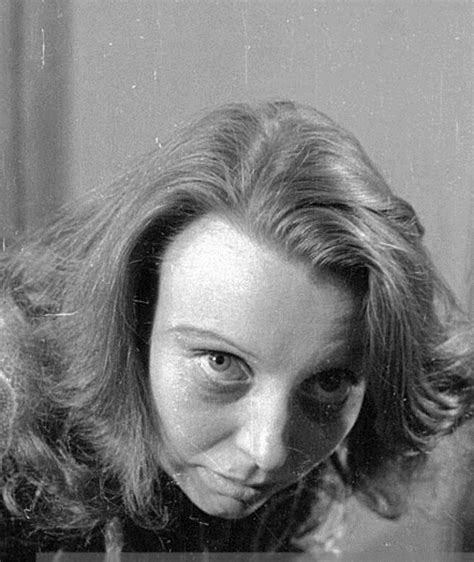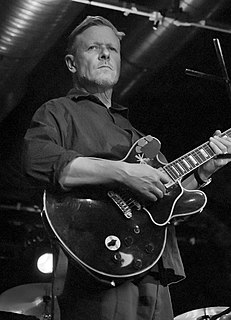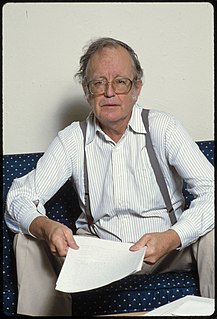A Quote by Amor Towles
In my college years, I would retreat to our summer house for two weeks in June to read a novel a day. How exciting it was, after pouring my coffee and making myself comfortable on the porch, to open the next book on the roster, read the first sentences, and find myself on the platform of a train station.
Related Quotes
I read everything. I'll read a John Grisham novel, I'll sit and read a whole book of poems by Maya Angelou, or I'll just read some Mary Oliver - this is a book that was given to me for Christmas. No particular genre. And I read in French, and I read in German, and I read in English. I love to see how other people use language.
After I found out that I was playing music and that I'd have to learn how to read and write music, I started doing that about two years later. Finally, I said, "Oh, that means what I really want to do is to be a composer." But when I was coming up in Texas, there was segregation. There was no schools to go to. I taught myself how to read and how to start writing.
I never could read Foucault. I find philosophy tedious. All of my knowledge comes from reading novels and some history. I read Being and Nothingness and realized that I remembered absolutely nothing when I finished it. I used to go to the library every day and read every day for eight hours. I’d dropped out of high school and had to teach myself. I read Sartre without any background. I just forced myself and I learned nothing.
Rebecca Mead's My Life in Middlemarch is a wise, humane, and delightful study of what some regard as the best novel in English. Mead has discovered an original and highly personal way to make herself an inhabitant both of the book and of George Eliot's imaginary city. Though I have read and taught the book these many years I find myself desiring to go back to it after reading Rebecca Mead's work.
I read continually and don't understand writers who say they don't read while working on a book. For a start, a book takes me about two years to write, so there's no way I am depriving myself of reading during that time. Another thing is that reading other writers is continually inspiring - reading great writers reminds you how hard you have to work.
As a historically voracious reader - pre-baby, I averaged a book every week or two, and when I was a kid, I'd routinely read a book a day - I never understood how some people could not read. When I heard people say they didn't have time to read, in my head, I simultaneously pitied and ridiculed them: there was always time to read.





































